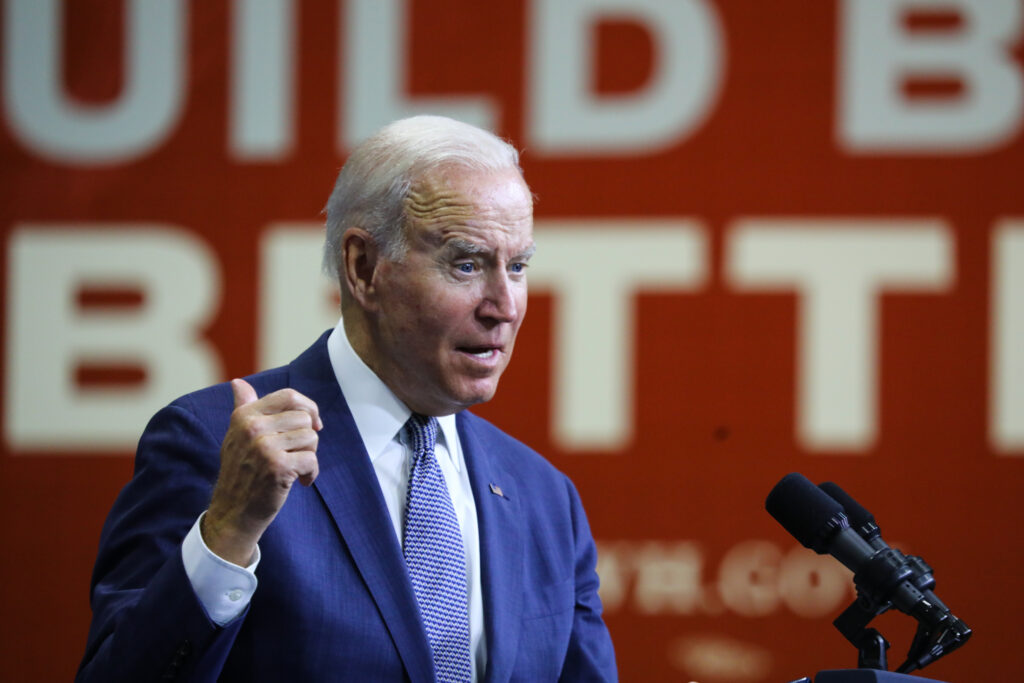The Cincinnati Bengals case, Hamilton County v. Cincinnati Bengals Inc., is simpler than Kelo. Hamilton County commissioners claim the team for which they built a stadium and the league that oversees the team cheated them out of $600 million.
One of the most controversial pieces of evidence is the Bengals’ win-loss record: The team said it needed more money to be more competitive, but the Bengals still stink.
The Bengals moved into their new publicly funded facility in 2000. Local voters had approved a half-cent county sales tax hike in 1996, and the stadium complex–one for the Bengals, one for baseball’s Reds–cost $750 million. There was a $210 million cost overrun, which the county was forced to pay.
The new address did not produce the promised improvement on the field. In the five seasons prior to moving in, the Bengals’ record was a lousy 29-51. For the first five seasons after, it was an even worse 28-52.
Commissioners Make Antitrust Claim
Hamilton County commissioners say the team told voters they would have to pay for a new stadium if they ever wanted a Super Bowl championship, an assertion the lawsuit claims violated antitrust laws. Because the number of professional football teams is artificially limited, Hamilton County argues, the NFL and the Bengals improperly used monopoly powers by threatening to move to another city unless the stadium was built.
Because the NFL has the most shared revenues of any professional sports league and a hard salary cap that limits pay for players, every team is theoretically profitable and should be equally competitive.
As is true of most stadium deals, the Bengals have a tiny annual lease payment (about $1 million) and they keep all stadium revenues, even for non-football events. Because sales tax receipts have declined, the county’s bond repayment, initially scheduled to take 23 years, is now expected to take 35. According to sources close to the lawsuit, the county wants the Bengals to pay about $200 million to keep the bond payments more in line with the original plan.
“False Statements Were Made”
“You can’t use your monopoly status purely for driving up your profits,” says Hamilton County Commissioner Todd Portune. “That was the business plan of the NFL, and they have used their monopoly status illegally, we believe.
“All the evidence we have since uncovered shows that false statements were made by both the team and the league. The team was financially stable. There was no real talk behind the scenes of moving the team to another city. But the Bengals and the NFL perpetuated these lies to take money from the taxpayers and to make lots of money for a private business.”
That, Portune contends, was illegal. “Congress has laws in place that prevent the public from being taken advantage of by private businesses by using their monopoly powers,” he says. The Bengals, he concludes, should “come back to the bargaining table and remedy how disproportionate the benefits were to the team and the league, vs. the cost to the taxpayers.”
Neither the Bengals nor the NFL would comment on the case. But the suit is already having effects on teams. U.S. District Judge S. Arthur Spiegel has ordered the NFL and all its teams to show their financial books to Hamilton County’s lawyers. The NFL has long avoided opening its books, and the possibility of having municipalities around the country be privy to the league’s real financial health would almost certainly make it more difficult to sell stadium deals in the future.
Changes Possible
Still, the Hamilton County case is fraught with problems for the plaintiffs. The Bengals and the NFL can claim that since voters properly approved the bond, it is not open for renegotiation. The league also argues teams with more revenues from luxury boxes can sign better players by having the funds for signing bonuses. And the NFL always has maintained that it is not 31 separate businesses but a single, 31-branch business–one that can’t be a monopoly because it competes for entertainment dollars in every market.
“With all these cases, it just depends on the decision,” says Jeffrey Kessler, a New York lawyer who specializes in antitrust cases.
“If the decision is that the league violated laws,” Kessler continued, “and the league is punished for it, it could have a huge impact. But I seriously doubt that a court ruling in a case like this would do things like open the door for unlimited franchises. However, a decision against the league and the teams might change how teams deal with cities and local government in setting up their stadium deals.”
— Daniel McGraw



